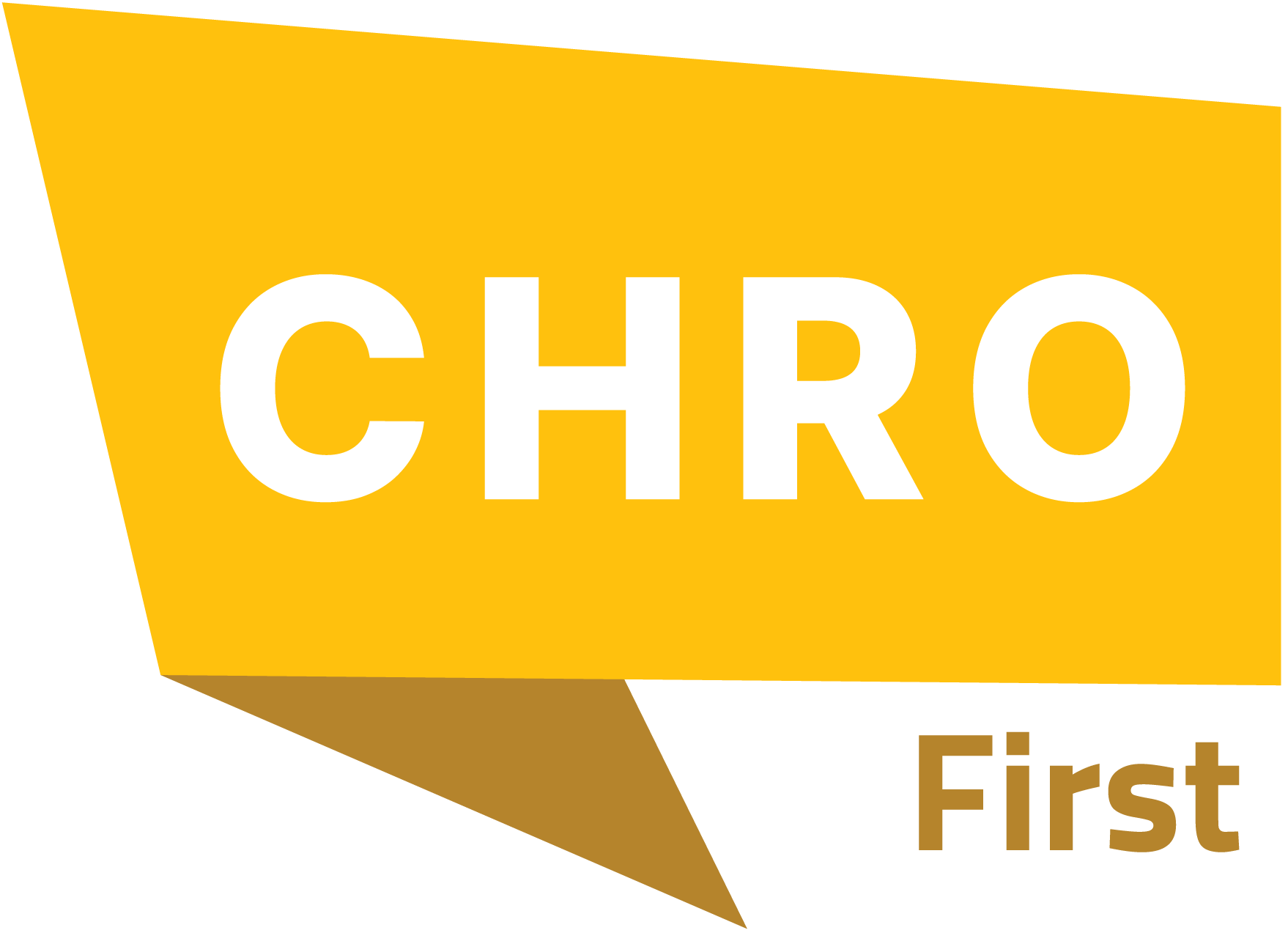RChilli has announced a deeper venture into embedded, agent-driven recruiting with its AI agents now integrated seamlessly within Oracle HCM’s recruiting ecosystem. The move marks a shift from traditional resume-parsing tools to full-scale “agentic AI” that not only analyzes but actively maintains, enriches, and standardizes candidate data — promising to overhaul how large enterprises approach hiring at scale.
Unveiled as part of RChilli’s participation in the recent enterprise HR tech wave, the company’s “Talent Data Refresh / Profile Augmentation” agent — certified under Oracle’s new AI Agent Marketplace — automatically refreshes and enriches candidate profiles using public professional data sources, aligns taxonomy for job-titles, skills, and education, and ensures data is compliant and ready for matching.
Why This Matters: The Shift to Embedded, Smart Recruiting
Historically, even robust HCM systems required heavy manual effort: recruiters imported resumes, cleaned and standardized data, resolved duplicates, and frequently re-checked for completeness. According to RChilli’s analysis, such tasks — even in Oracle environments — remain error-prone and time-consuming.
RChilli’s AI agents aim to solve these pain points by acting autonomously: auto-parsing resumes (from many formats), normalizing job titles, skills and education data, removing personal identifiers for bias-free screening, and updating stale profiles — all within Oracle HCM, and without disrupting existing workflows.
This evolution represents more than incremental automation. It reflects the shift from “tool-based” AI (e.g. a resume parser) to “agent-based” AI — where intelligent agents serve as digital coworkers: constantly working behind the scenes, enriching data, and readying candidate pipelines for faster, smarter hiring.
Impacts on the HR Industry
Accelerated Hiring & Improved Efficiency
For companies that hire a lot or operate globally, RChilli’s embedded agents can reduce time-to-hire. Automated profile enrichment and structured data help recruiters engage candidates, not clean data.
Better Quality Data, Better Decisions
Clean, standardized, and current candidate data boosts search accuracy and job matching. This improves analytics and forecasting, helping HR teams plan better and make informed hiring decisions, while reducing mismatches and recruitment costs.
Bias Reduction & Diversity / Inclusivity Gains
RChilli’s approach supports fair hiring by redacting personally identifiable information, like name, gender, and age. It focuses on skills and experience instead. This helps organizations boost inclusion and cut down on unconscious bias during screening.
Scalable Talent Pipelines
In times of high applicant volume, the embedded agentic AI makes it feasible to maintain large candidate pools without proportional increases in recruiter headcount — supporting growth, expansion and agile resourcing strategies.
Also Read: Only 1% of Companies Reach Frontline Workers Effectively: New Interact × Ragan Research Exposes Massive Internal-Communications Gap
Wider Effects on Businesses
Stronger Return on HR Tech Investment: Companies using Oracle HCM or similar systems can now boost their recruitment workflows. They can do this without separate tools or major changes.
Reduced Dependence on Manual Processes: AI agents can take over repetitive data tasks. This helps organizations lower costs linked to manual data work and cut down on errors.
Faster GTM and Scaling: Fast-scaling businesses, like global firms and startups, need to quickly handle large amounts of candidate data. This ability is key to their growth.
Improved Employer Brand: Quick responses and a better candidate experience boost a company’s reputation. This attracts top talent.
Foundation for End-to-End HR Automation: With RChilli’s AI suite for onboarding and talent management, companies can create more complete, agent-powered HR systems.
Challenges & What to Watch
Data Privacy & Compliance: Automatically enhancing candidate data with outside sources needs strong compliance and privacy rules. Companies must ensure consent, data security, and follow regulations.
Integration & Change Management: Even with smooth integration, moving to agentic-AI workflows means HR teams must adjust processes, trust the new automation, and keep an eye on data quality.
Over-reliance on Automation: While AI reduces manual tasks, human judgment remains vital – especially for cultural fit, soft skills assessment and interview stages
Conclusion
RChilli’s embedding of AI agents into Oracle HCM recruitment marks a significant pivot in enterprise hiring — from static, manual processes to dynamic, intelligent pipelines. For HR leaders, this means cleaner data, faster hiring cycles, and more equitable screening. For businesses, it brings scalability, cost efficiency, and strategic advantage in talent acquisition. As agentic AI becomes more integrated into core HR systems, we may be witnessing the beginning of a fundamental transformation in how companies hire — turning recruitment from a cumbersome operation into a competitive asset.


